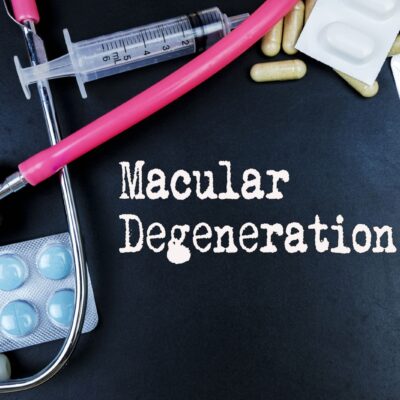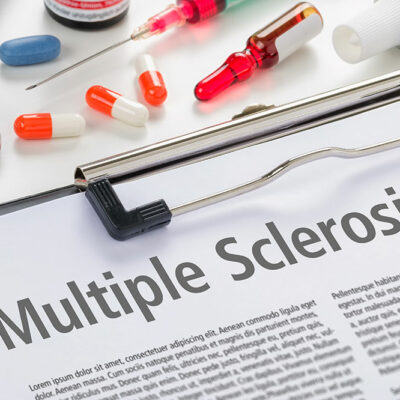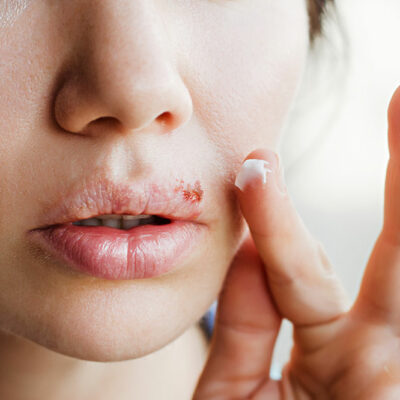
Health
5 Medical Devices You Must Have At Home
In the realm of personal health and safety, having the right tools at your disposal can make a world of difference. Devices like a life alert emergency response system, great alert systems, and a continuous glucose monitor are just a few examples of essential home medical devices that can provide peace of mind and help maintain health. Here are five medical devices you must have at home: 1. Life alert emergency response system One of the most crucial devices to have, especially for seniors or those with serious health conditions, is a life alert emergency response system. This device is designed to alert medical professionals or family members in the event of a medical emergency. With just a push of a button, help can be on the way, providing a sense of security and independence for those who may need immediate medical attention. 2. Continuous glucose monitor For individuals with diabetes, a continuous glucose monitor is a must-have. This device measures glucose levels in real-time, providing a comprehensive view of blood sugar patterns and trends. It can alert the user to high or low blood sugar levels, allowing for timely intervention and preventing potential health complications. 3. Blood pressure monitor High blood pressure, also known as hypertension, is a common condition that can lead to serious health problems if not managed properly.
Read More 















